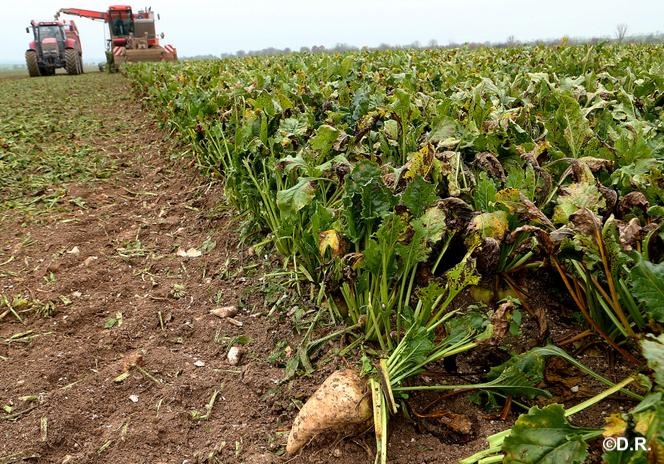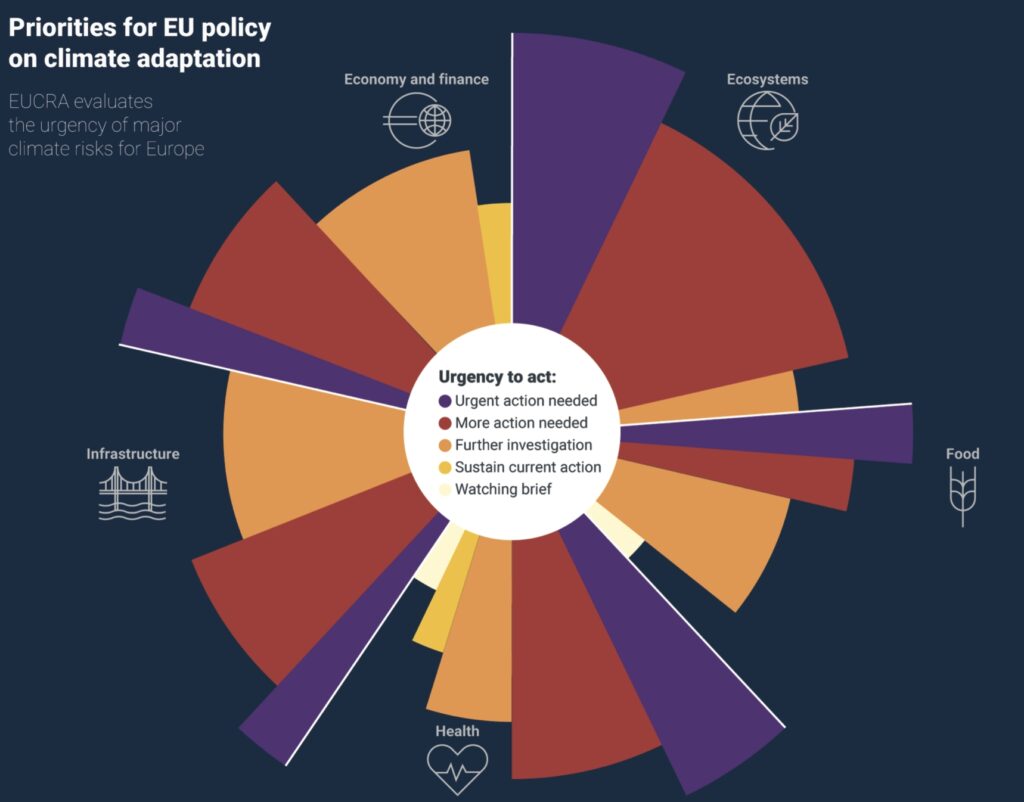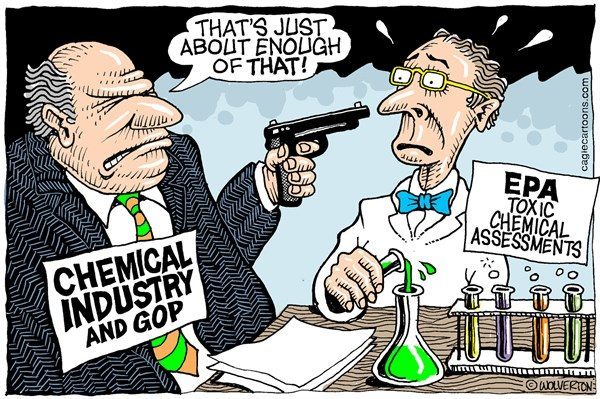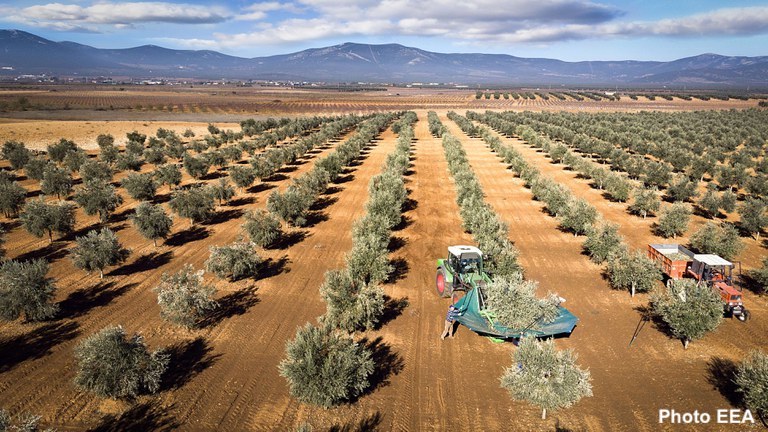

For many, Europe is above all a producer of norms and rules. In the field of food, the resources it has, should allow it to be at the forefront of the food and agricultural transition. Yet, recent backward steps question this function and this opportunity, at the expense of sustainability of food and health of hundreds of millions of Europeans.
EU trade policy and sustainability (24/11/2020)
More articles on Europe published on hungerexplained.org
May 2021 – Opinion – Why the European Union should include Fair Prices in its policies by Ruud Bronkhorst. [read]
2 May 2020 – Europe: Could the COVID-19 crisis contribute to a “reshoring” of production?– What exactly would reshoring mean? What would be its consequences? And what are the main obstacles of a movement that, for many, appears to be a solution to several of our problems? [read]
3 December 2019 – Denigrating farmers is choosing the wrong target: advocacy for French farmers – Who is really responsible for the ills for which the rest of the French population is accusing farmers? Looking back at history will help to answer this question without any hesitation. [read]
9 November 2019 – In Europe, one of the richest regions in the world, more than one person out of six lives in poverty – Women, mostly alone, children and a growing number of working-age adults live in poverty and isolation. [read]
28 April 2019 – Spain: strawberries with a strong taste of sex and pesticides… Until recently, strawberries produced in Spain were known to have, by lack of taste of fruit, a strong taste of pesticide. We now discover they also have a strong taste of sex… [read]
20 January 2019 – In the EU, gaps in the debate on migration explain policy deficiencies – What are the root causes of migration? How biased is the debate on immigration in Europe? Are European aid policies a solution or are they part of the problem? [read]
17 January 2018 – What future for the European Union’s Common Agriculture Policy beyond 2020? – Criticised for being inefficient and complex, will the CAP evolve and tackle the new challenges of European food and agriculture, while it is feared that negotiations will more likely focus on the balance of contributions vs. payments received by each Member State than on key issues that are so essential in the eyes of the European population? [read]
15 August 2017 – Brexit and the UK food system: many issues and one opportunity – The UK is on a knife-edge: either Brexit will lead to an improved, a more sustainable, fairer and more inclusive food system, or it will generate a more unequal food system that will offer less protection to consumers’ health, exploit the environment and produce a degraded social justice. [read]
5 January 2017 – A review of two recent publications and of forthcoming studies illustrates EU’s thinking on food and agriculture – Concerning gaps cast doubt on independence and credibility of research conducted by the European Parliament’s Think Tank. [read]
1 November 2016 – Is “free-tradism” agonising? Why is it increasingly difficult to enter into free trade agreements? Free trade agreements cannot simply be considered as an economic matter as they also have profound social, environmental, health-related, political and even philosophical implications. [read]
15 April 2016 – The European Union and glyphosate: an illustration of one of the principles that govern our society – The resolution adopted by the European Parliamant on glyphosate illustrates well the principle of ‘privatising profits, socialising costs’ that often govern decisions taken by political leaders. [read]
November 2015 – Intergenerational equity: the European social model The story of a political mistake [read]
14 November 2015 – Valletta Summit on migration: 1.8 billion euros for Africa to stop Africa-to-Europe migration – Illusion or irresponsibility? [read]
26 March 2015 – Price policies can help promote healthier diets: the example of Europe – A WHO report shows that targeted taxes and subsidies have the potential to influence the decisions that consumers make and can be used to incentivize healthy eating. [read]
8 December 2014 – More resources are needed to combat hunger in rich countries – United Kingdom, France and the United-States. [read]





